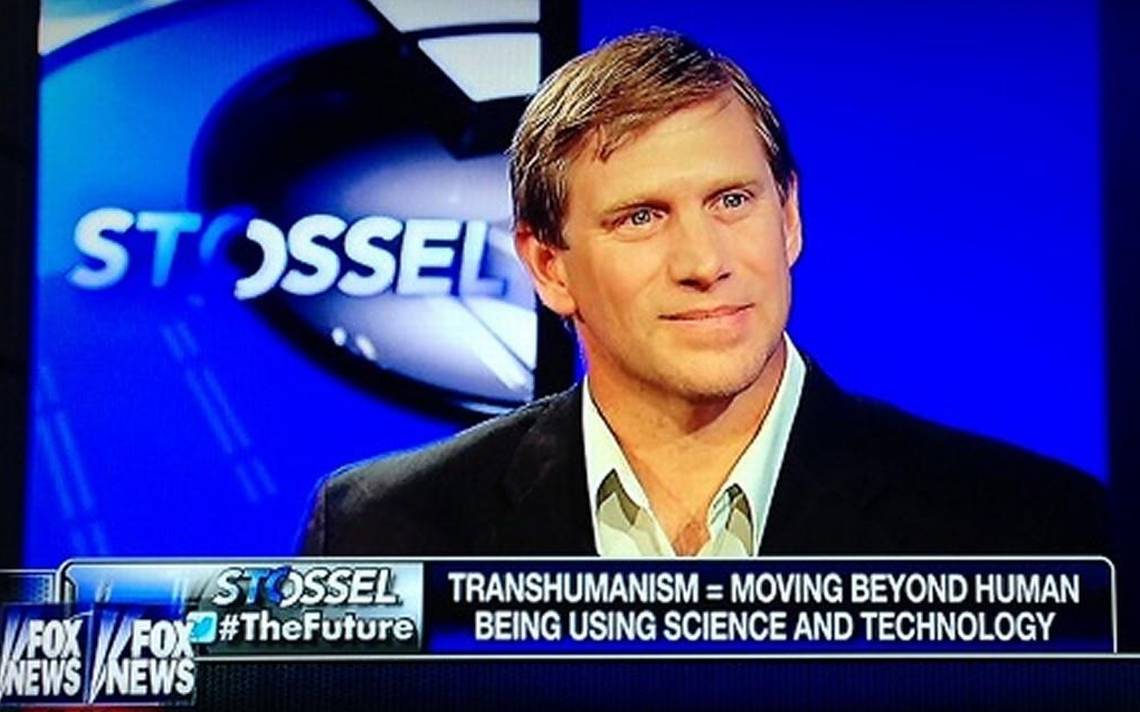While scientists have had success in the past printing structures like “bionic ears,” a clear path to making functional internal organs and tissue hasn’t really emerged. However, researchers at the University of Florida in Gainesville have developed a way of printing complex objects in gel, a method that could help pave the way to 3D-printed organs in the future.
The hard thing about printing intricate organic structures like blood vessels and complicated organs is that they collapse under their own weight before they solidify. The gel here, which is made of an acrylic acid polymer, acts as a scaffold to hold the structure in place during the printing process. That approach has already allowed the team to print with organic materials — and even make a replica of a human brain.
Printing in gel isn’t an entirely new idea. And, of course, the method isn’t perfect. For one thing, using inorganic gel as a scaffold can’t keep organic tissue alive. For another, printing very small objects could lead to some particles slipping through the material. However, it’s certainly a solid step forward on the way to printing organs for patients in need someday.

Pulitzer-prize winning science writer Jonathan Weiner writing about transhumanism and longevity issues:
Science writer Jonathan Weiner writes: Even if you’ve been following the presidential campaign pretty closely, you may not have heard about Zoltan Istvan, the hopeful from the newly formed Transhumanist Party. Istvan’s platform is simple: We should all live forever. He’s driving across the country in a bus painted to look like a coffin, with big white letters on its side: “Immortality Bus.”

A new story on GOOD magazine about transhumanism & my campaign:
The transhumanist presidential candidate on staying optimistic about technology in a cold, practical political world.
Cybathlon is a cyborg-friendly competition for parathletes.

The ReWalk is the first bionic exoskeleton approved by the FDA for personal use. Here’s the story of how it came to be.

BBC article on transhumanism that also tackles the issue of trying to get more women involved in the movement:
Zoltan Istvan is running for US president.

Not everyone wants to sleep in. A growing transhumanism community wants to sleep less, and better, and they’re going to great lengths to make it happen.
For those unaware, transhumanism is an intellectual and cultural movement that aims to improve the human condition, to push beyond our biological limitations, largely through technological advancements. They’re particularly focused on extreme longevity. But with treatments for an extended healthy life still works in progress (and playing out on a very long timeline), some transhumanists have turned their attention to sleep.
The average well-rested person sleeps eight hours a day. The average American lives 79 years. That’s a little more than just 50 years being awake. Life is much shorter than you realized — at least if you agree with your typical sleep-hacker that sleeping is wasted downtime.

DLD (Digital-Life-Design) is a global network on innovation, digitization, science and culture which connects business, creative and social leaders, opinion-formers and influencers for crossover conversation and inspiration.

DLD (Digital-Life-Design) is a global network on innovation, digitization, science and culture which connects business, creative and social leaders, opinion-formers and influencers for crossover conversation and inspiration.